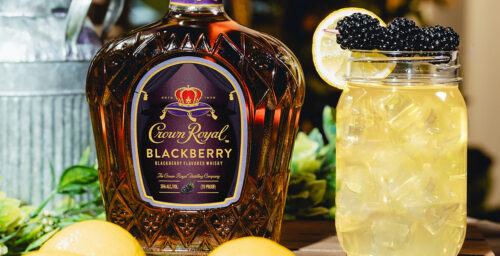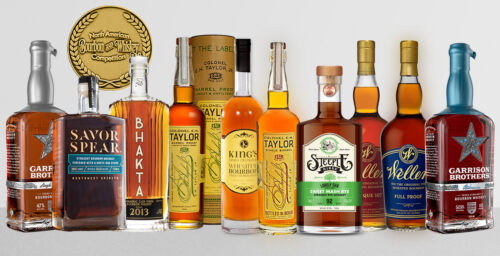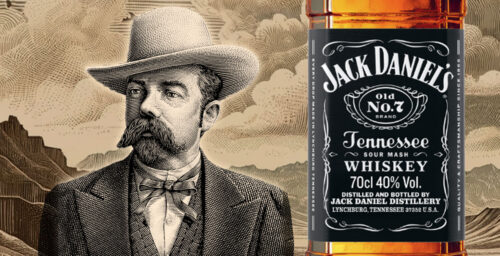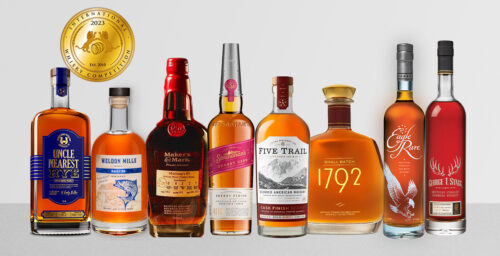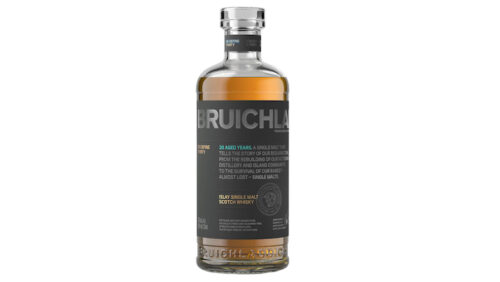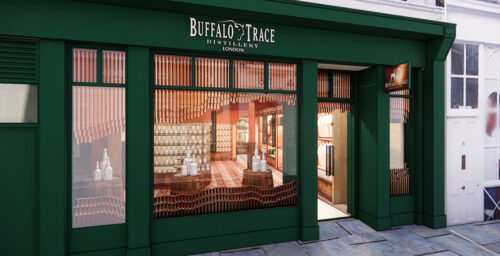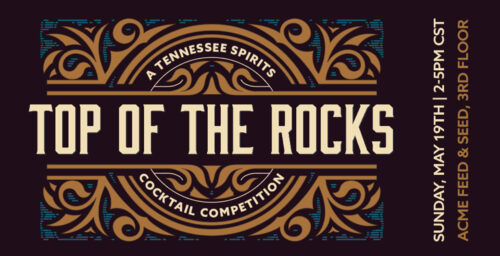Recently, the doors were thrown open to the first new distillery in Inverness, Scotland, in 130 years.
In late February, visitors were welcomed to the £7.5-million Uile-bheist Distillery and Brewery on the River Ness, a site powered by a low-carbon sustainability center on site.
A statement from the distiller notes that the new facility is set to attract more than 100 tour visits a day in their peak season.
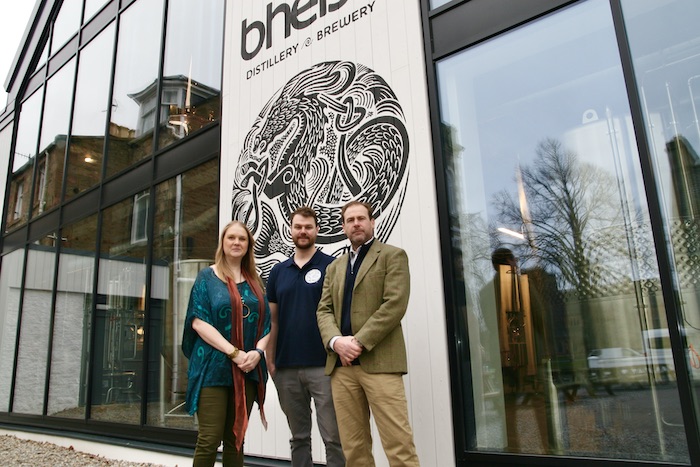
The new distillery opening helps reconnect the highland capital with its proud but lost whisky and brewing history, the distillers explained.
Future phases of construction will see the creation of a distilling campus, with increased capacity, a bonded warehouse with shopping, and an enhanced tap room with tasting and visitor spaces.
Inverness, once Scotland’s malting hub, was home to the Glen Mhor, Glen Albyn and Millburn distilleries. Those rare bottles still fetch high prices on the market today.
Many Inverness distilleries were shut down in the infamous “whisky loch” days of the 1980s, when global supply way surpassed demand, leading to closures across the highlands.
The Uile-bheist Distillery (Gaelic for monster) is the first to open in the city since 1892, and its first casks being filled just a few days after.
Its signature five craft ales, which should be ready by early April, will be the first beers brewed in Inverness in 34 years.
“Our scale is craft, not volume. Our clean energy process, using shallow water wells, has been described as exemplary,” said owner Jon Erasmus, whose first application for a brewery on the current Ness bank site was back in 2014.
“It’s great to bring whisky distilling and brewing back to the city but we also wanted a high level of design specification throughout, from the stills to the dramming area, to the tap room,” Erasmus added. “If people have traveled from New York or Tokyo, or if they’ve seen a lot of other distilleries, we want them to come here and think ‘I really like what they’ve done here.’ Everything is photogenic.”
Water and energy for Uile-bheist’s whisky production comes from the River Ness through a district heating system which uses shallow water wells to fire heat pumps. The water is treated by fluorescent light with the only grid requirement being electricity, partly provided by the glass-fronted building’s roof-top solar installations.
“We are using an efficient set-up which effectively ‘shares’ the equipment up to a point in the initial process, with some subtle differences in recipe and process,” said Master Brewer Bruce Smith. “Thereafter, the processes for the craft beer and the whisky obviously differ significantly. With our whisky, we are looking to forge our own path. We are not going to bind ourselves to traditions of the 1800s. We want to be a little experimental. Basically, we will release the first whisky only when we are proud of it and feel it truly represents the brand.”
Uile-bheist brought in Melbourne-based pop culture illustrator Ken Taylor, who has worked with Jack White, The Pixies and Pearl Jam, to design their monster motif. Large scale installations by the designer will cover the tap room and tour space walls.
“Whisky tourism has changed massively in the last five years,” Erasmus explained. “You have Johnnie Walker on Edinburgh’s Princes Street and Macallan investing heavily in visitor experience. It is pointless doing this unless your emphasis is on quality.”
He noted that Uile-bheist is expected to make 200-300 casks of Highland Single Malt per year, with upwards of 500-600 in development Phase 3. About 350,000 liters of craft beer a year will be brewed on-site, piped directly to their visitor tap room, adjacent to the brewing floor.
Right now, there’s a limited “Discovery” tour program slated with a full hourly tour program starting on April 1st.

